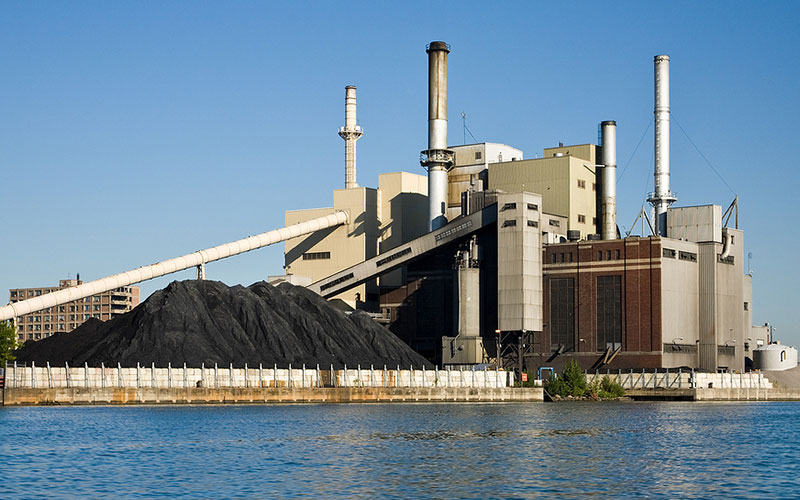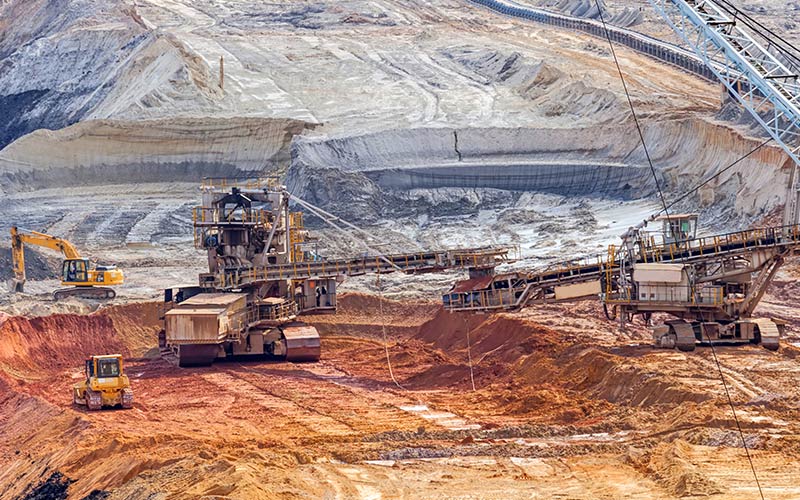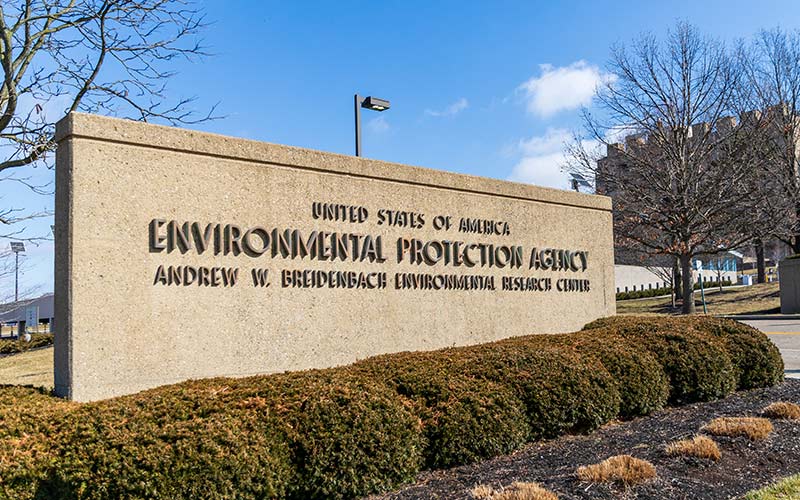Updates in Mining & Minerals

Coal Resources to Contribute to Domestic Critical Mineral Supplies
The United States Department of Energy (DOE) announced $17 million in funding for three projects that will help to support the front-end engineering and design (FEED) studies for facilities that would produce critical minerals and rare earth elements (REEs) from coal-based resources and byproducts. Part of the administration’s Investing in America agenda, the funding is aimed at helping to lessen the nation’s reliance on imports of the critical minerals that will power clean energy technologies.

KoBold Metals Strikes Copper
Billionaire-backed KoBold Metals announced their drilling program has uncovered the largest copper deposit discovered in Zambia’s history, according to the African nation’s Presidential Delivery Unit. The company is now looking to fasttrack the project in an effort to meet escalating demand.

AMLO Looking to Ban Open-Pit Mining in Mexico
Citing risks to the environment and vulnerable communities, Mexican President Andrés Manuel López Obrador has proposed a ban on open-pit mining in the country, according to MiningTechnology. Although the proposal has drawn criticism and created some uncertainty in the industry, many are skeptical that the reform will gain traction.

From Red Mud to Green Steel
A group of scientists has illustrated how bauxite residue (red mud), an industrial waste leftover from aluminum production, could be used in the production of green steel in a new study in the journal Nature. The process, which employs hydrogen plasma reduction, would be an environmental win for both industries.

Canada to Fast Track Critical Mineral Resources
Canada is hoping to cut nearly a decade off of the time it takes to develop new critical mineral mines, according to energy minister Jonathan Wilkinson. Reuters reported that Canada will improve its permitting process in an effort to establish a reliable supply of the metals needed in the energy transition.
Updates in Fertilizer

TFI Discourages Changes to National Ambient Air Quality Standards
The Fertilizer Institute (TFI) is cautioning against the Environmental Protection Agency’s (EPA) recent lowering of National Ambient Air Quality Standards (NAAQS) for fine particulate matter, saying it will hinder fertilizer production.
In a statement, TFI President and CEO Corey Rosenbusch commented: “At a time when the need to strengthen the domestic fertilizer industry has been made clear by multiple ongoing global crises and echoed by the Biden Administration, now is not the time to hamstring fertilizer production by making new production facilities or the expansion of existing production more difficult or, in some instances, impossible.” The statement adds: “PM2.5 emissions have declined nearly 40% over the past twenty years, and they continue to go down,” Rosenbusch concluded. “TFI does not support lowering NAAQS levels and instead supports the previous standard that balanced robust environmental protection with economic growth.”

Specialty Fertilizer Market On the Rise
New data from Global Market Insights predicts the specialty fertilizer market will see robust growth in the coming years. The firm expects the market will see a CAGR of 6.5% between 2024 and 2032, landing on a market value of 44.7 billion (up from 25.3 billion in 2023), largely owing to the growing demand for greater nutrient efficiency and lower environmental impact in crop production practices.

Potassium Deficiency Threatens Food Security
A new study published in Nature Food highlights the growing risk that potassium deficiency in soils presents to food security and provides recommendations for addressing this critical issue.
Updates in Chemical

American Chemistry Council Also Concerned Over NAAQS
Like the fertilizer industry, The American Chemistry Council (ACC) is also voicing concerns over changes to the EPA’s National Ambient Air Quality Standards (NAAQS). In a statement, the ACC warned that the changes will exacerbate existing permitting issues and impede economic growth. The group further added, “Ultimately, EPA’s choice to revise existing standards without providing adequate implementation time means that the Agency may seriously jeopardize current and future projects that would otherwise bring important economic benefits to our nation.”

Chemical Industry Wants Interagency Policy Committee
Chemical Processing is reporting on a letter the ACC issued to the Biden Administration, requesting an Interagency Policy Committee (IPC) to evaluate regulatory impacts on the industry. The ACC cites evidence from a survey of industry respondents detailing rising regulatory pressures and their impact, noting in one example that sixty-seven percent of respondents feel that the current regulatory environment threatens their investment in the clean energy sector.
Like what you’re reading? Subscribe to our blog for industry updates and expert advice on bulk solids processing and handling.


